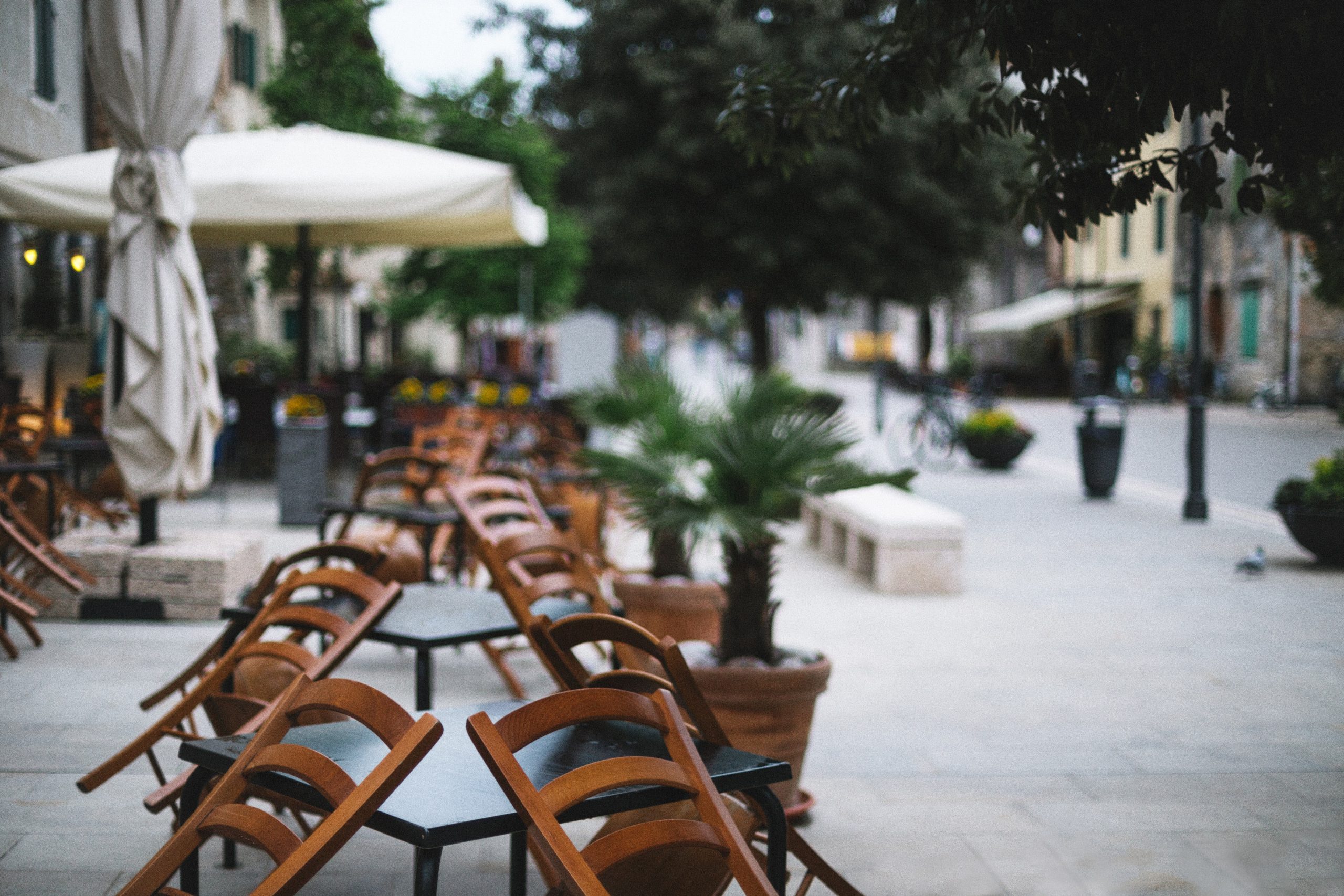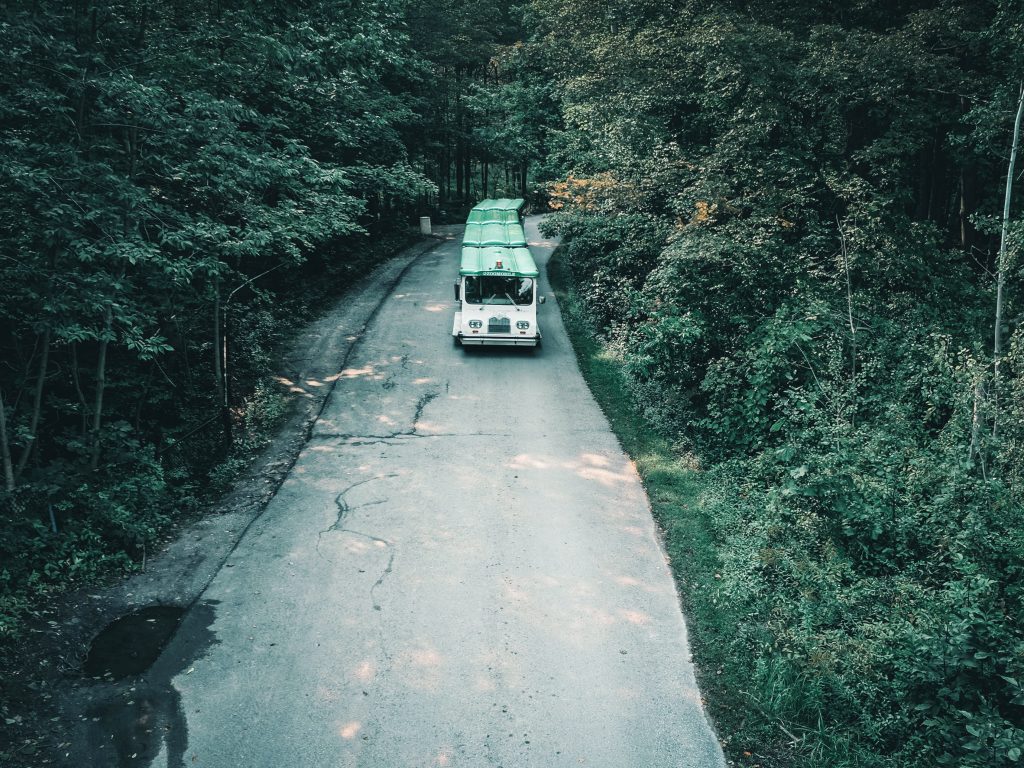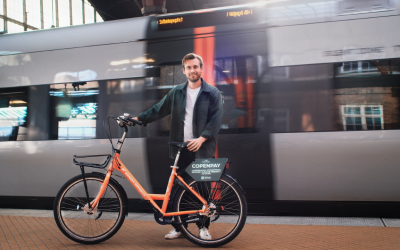For many companies, COVID-19 spelled the end of normal operations. Some tourism businesses have embraced disruption as a chance to innovate: pivoting their products, services, customers, or delivery methods to stay open. Take inspiration from these five examples of tourism operators embracing innovative approaches to keep their businesses afloat.
1. Restaurant operates using greenhouses
When Mediamatic Eten restaurant in Amsterdam reopened in May, they decided to do things a little differently. Rather than distancing their indoor tables, the waterfront restaurant built small glass greenhouses outside. This way, diners can maintain physical distance as they enjoy a meal. Servers minimize contact with guests by using wooden planks to slide the meals into each structure.
2. Lithuanian capital embraces open-air dining
Vilnius is taking al fresco dining to the next level. In an effort to revive its struggling hospitality scene, the city’s authorities decided to turn the old town into a “big open-air cafe.” More than 200 establishments have moved their tables outdoors, and guests can enjoy a drink or bite to eat while adhering to the country’s physical distancing requirements.
3. Making the most of downtime
Some businesses are using this break to address the tasks they overlooked during busy periods. The Australian Age of Dinosaurs museum in Queensland is making the most of this downtime by classifying and sorting through fossils for a new section of the gallery, keeping their staff employed while they’re at it.
4. Toronto Zoo reopens for vehicles only
Toronto Zoo will continue welcoming guests by operating as a drive-through. Along a route called the Scenic Safari, visitors can experience the zoo from their cars while staying physically distant from other patrons. The zoo also manages to educate its visitors. Participants can listen to commentary from zoo staff by downloading a podcast that serves as a guided audio tour.
5. Building community through food
When dining out was taken off the table, many restaurants shifted to takeout and delivery instead, an initiative backed by a number of DMOs. In March, Seattle restaurant Canlis rotated from fine-dining to delivery and drive-through. They then launched a community-supported agriculture (CSA) service, delivering fresh produce boxes so they could continue to support their farm suppliers. As a way of embracing local spirit, supporting charities and lifting up locals, they began including bingo cards in their produce boxes. Each Friday night, the restaurant hosts a live-stream event featuring piano music, live bingo and messages shared from locals.
There’s no rulebook to guide businesses during uncertainty. Facing a tough situation, many tourism businesses and DMOs have had to rethink their operations and offerings. Those that remain agile and adapt to different scenarios can continue to fulfil their missions as travel re-opens.
Support for your DMO
From Bermuda to California to Campbell River, our team helps tourism destinations respond to crises and work toward recovery with poise and confidence. Speak to us to learn about our collaborative approach to strategy, communications, and creative solutions or click here to send us your RFP.
Feature image credit: Anastasia Shuraeva from Pexels










0 Comments